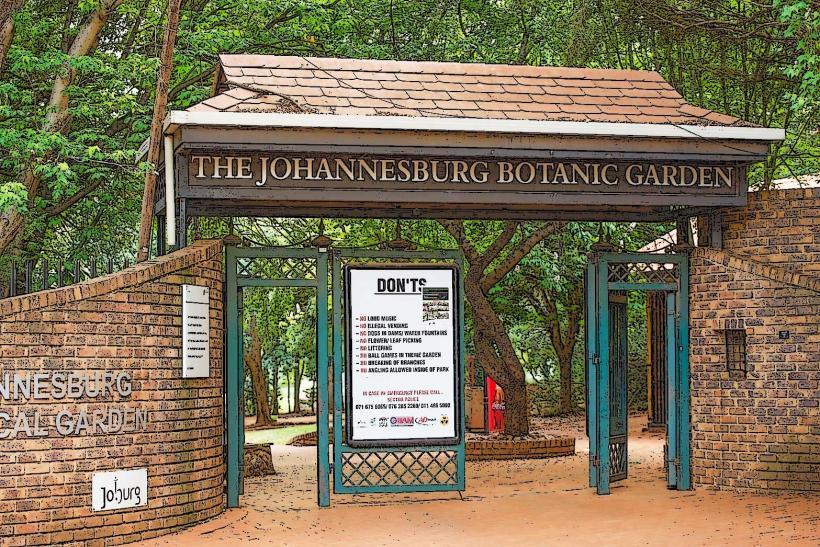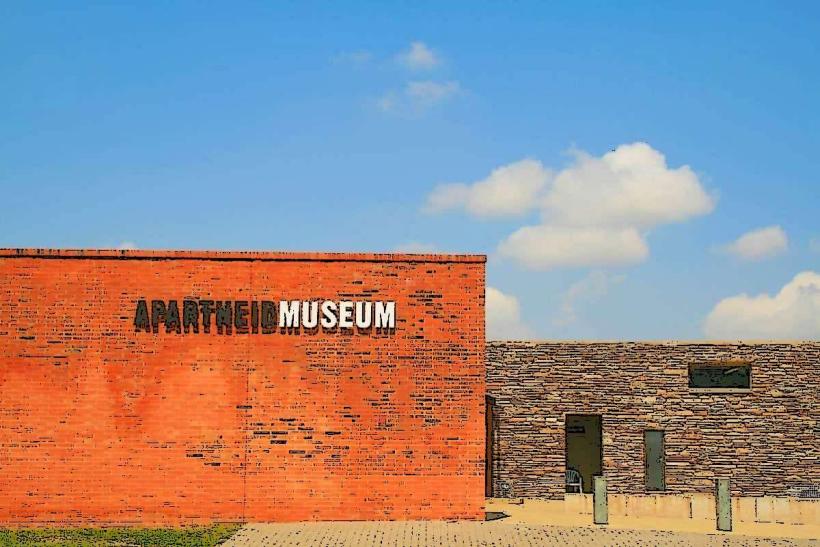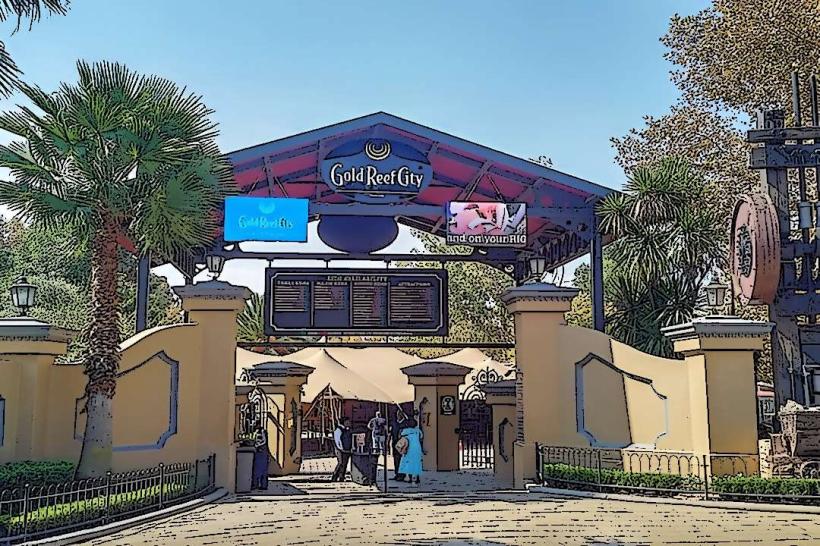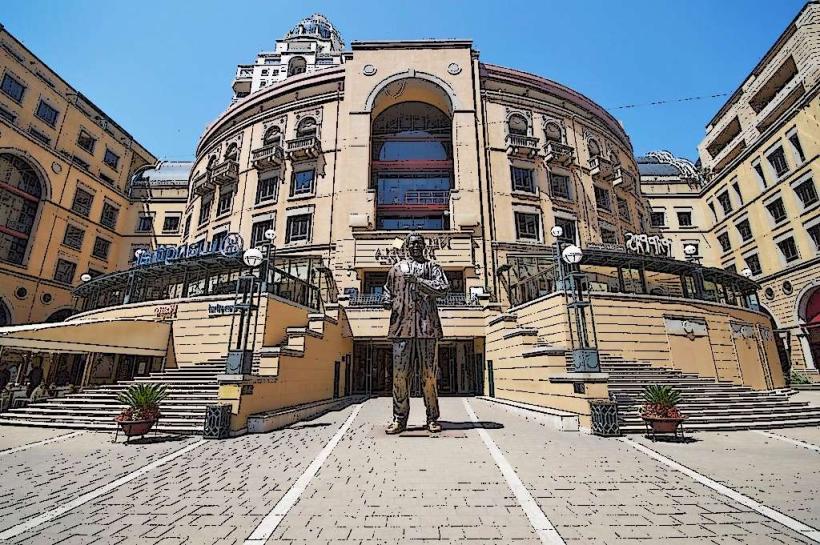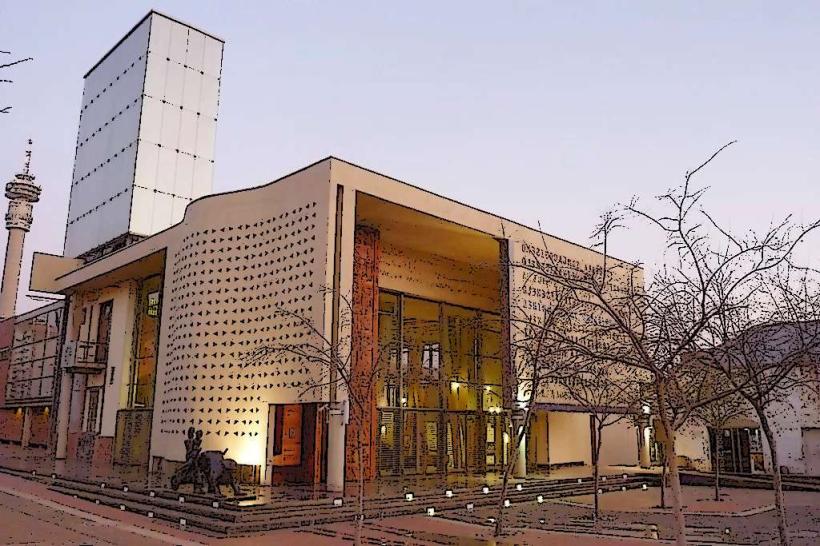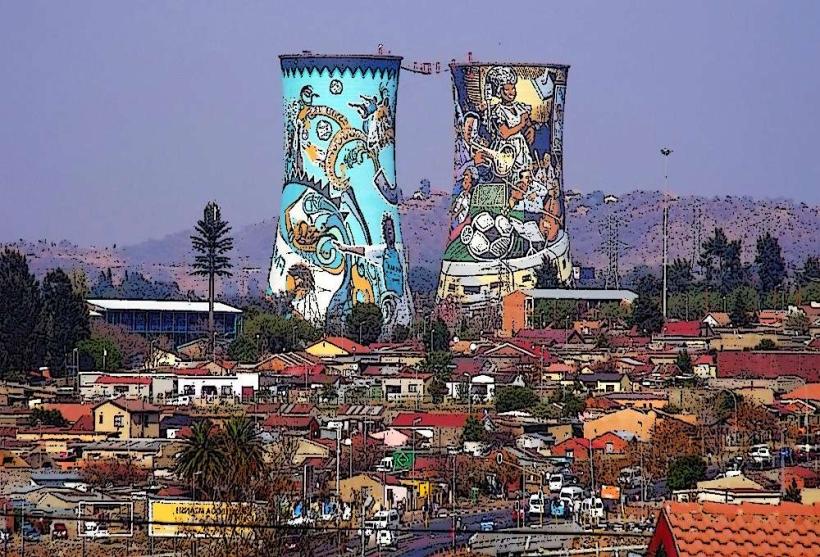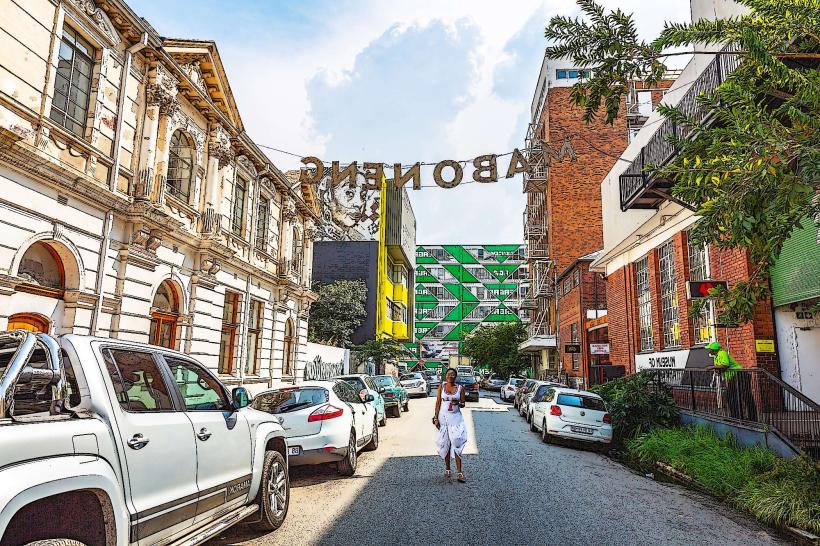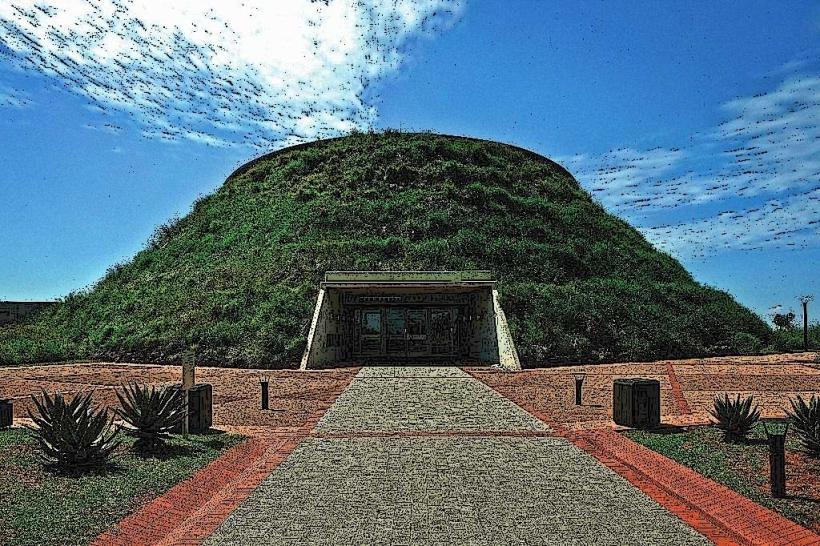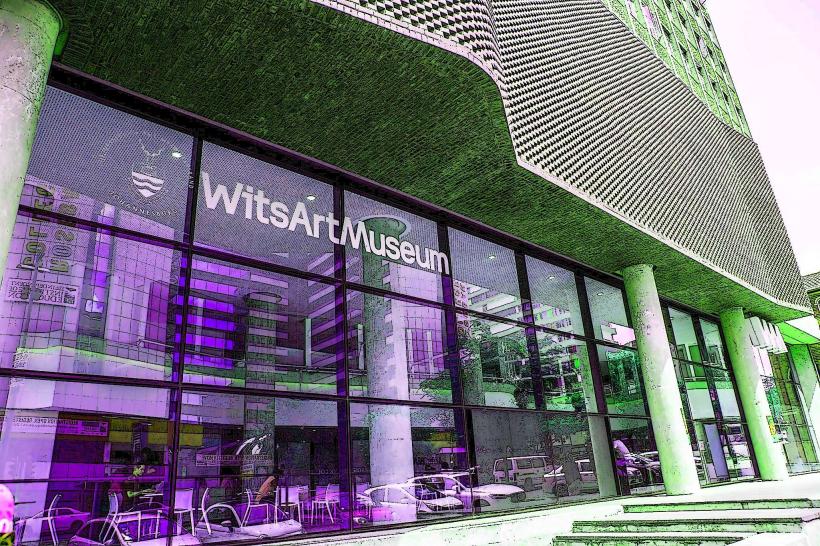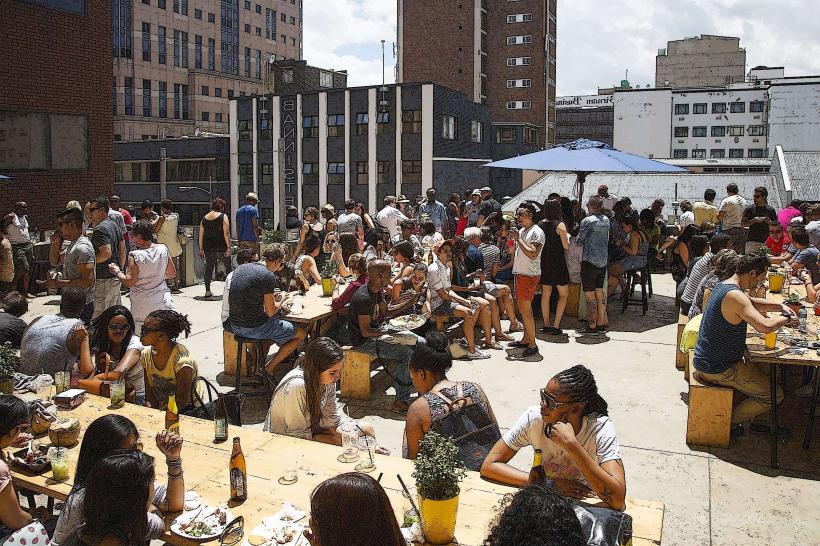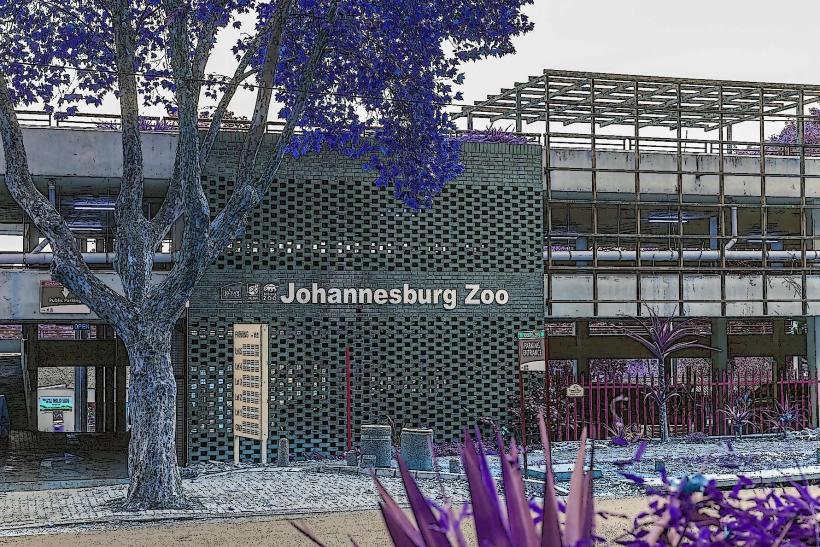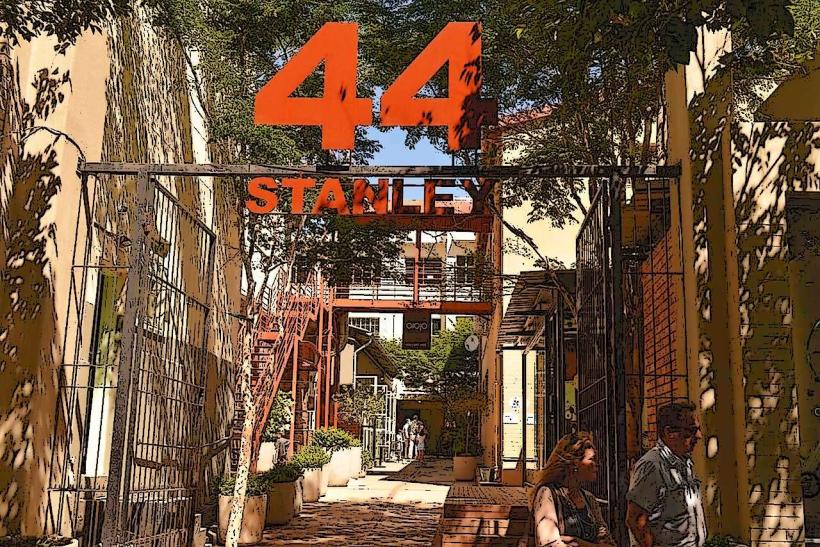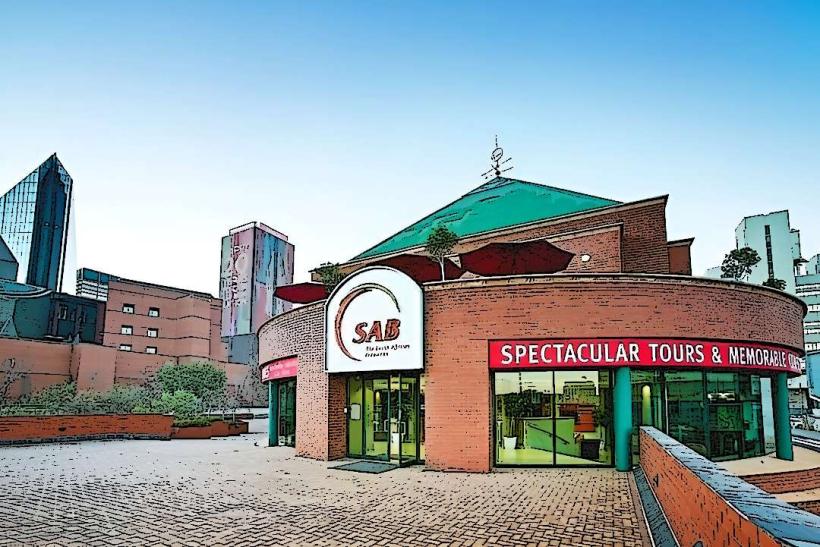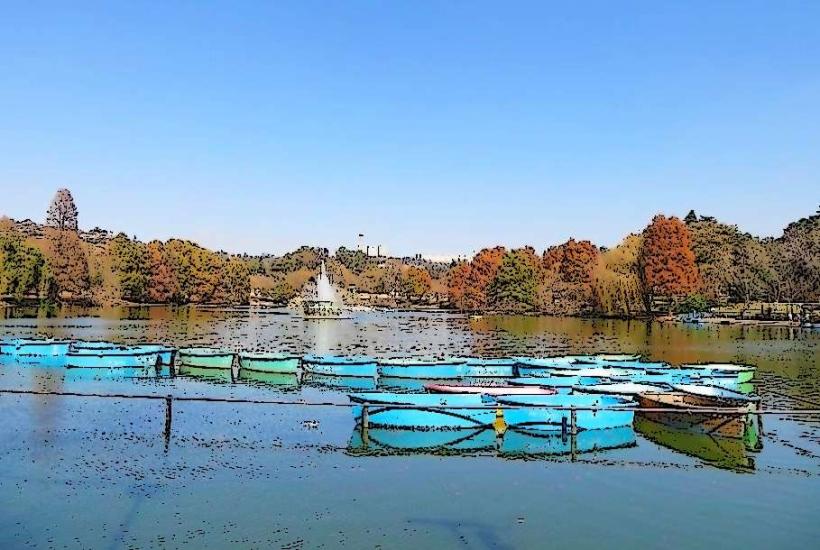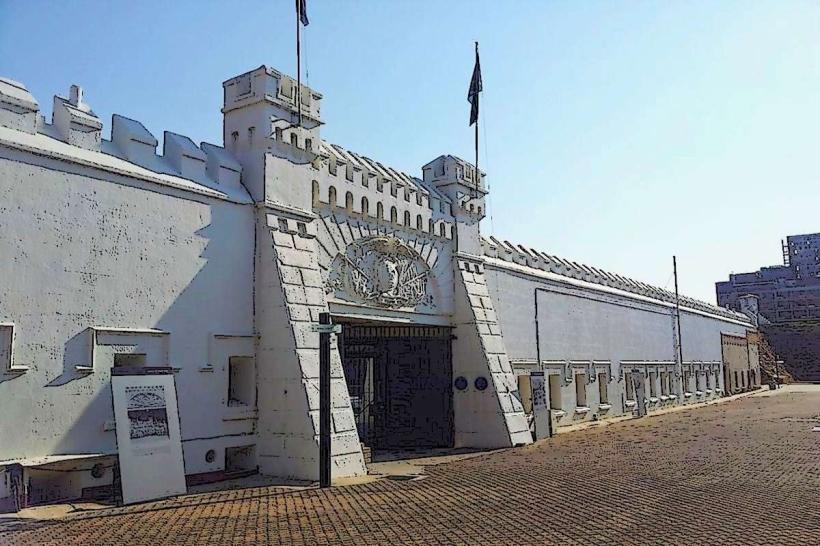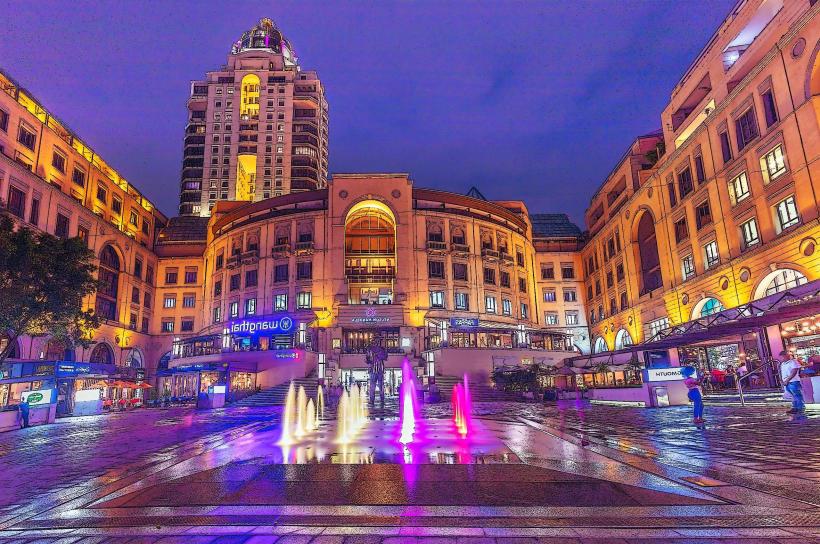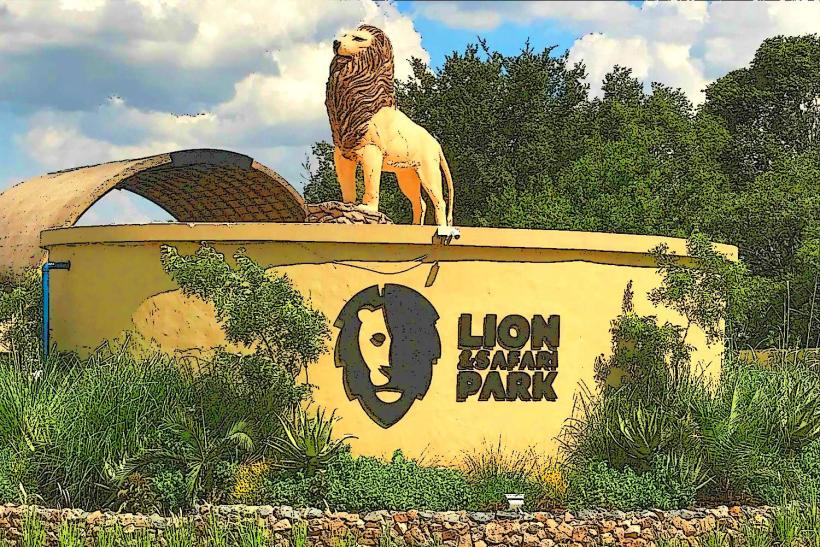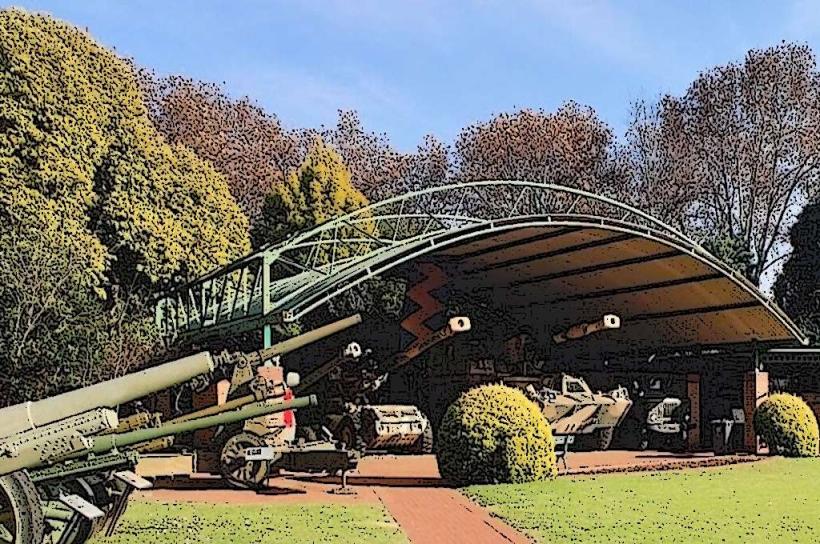Information
Landmark: Market TheatreCity: Johannesburg
Country: South Africa
Continent: Africa
Market Theatre, Johannesburg, South Africa, Africa
The Market Theatre is a performing arts complex located in Johannesburg, South Africa. It is situated within the Newtown cultural precinct.
Visual Characteristics
The complex comprises several interconnected buildings. The primary theatre spaces are housed within former fruit and vegetable market sheds. The architecture features exposed brickwork, steel beams, and large industrial-style windows. The exterior colors are predominantly muted earth tones, with some areas of painted signage. The main theatre auditorium has a seating capacity of approximately 400.
Location & Access Logistics
The Market Theatre is located at 138 Lilian Ngoyi Street, Newtown, Johannesburg. It is approximately 2km west of the Johannesburg CBD. Parking is available in a multi-story car park adjacent to the complex, accessible from Miriam Makeba Street. Public transport options include various bus routes serving the Newtown area, with stops within a 5-minute walk. The Gautrain bus service also has a stop nearby.
Historical & Ecological Origin
The buildings that now house the Market Theatre were originally part of the Johannesburg Municipal Market, established in 1913. The market operated until the late 1970s. The Market Theatre was established in 1976 by Mannie Manim and the late Barney Simon, converting the disused market sheds into a venue for theatrical productions. Its original purpose was to provide a platform for non-racial, politically engaged theatre during the apartheid era.
Key Highlights & Activities
Attend theatrical performances, including drama, comedy, and musicals. Visit the Market Gallery for contemporary art exhibitions. Explore the Market Theatre Laboratory, a training institution for actors and theatre practitioners. Attend readings and workshops.
Infrastructure & Amenities
Restrooms are available within the complex. Limited shaded areas are present in the courtyards. Cell phone signal (4G/5G) is generally available. Food and beverage vendors operate within the Market Theatre precinct, including a restaurant and bar.
Best Time to Visit
Performances are scheduled throughout the week, with evening shows typically starting between 7:00 PM and 8:00 PM. Matinee performances are often held on weekends. The best time for visiting the gallery is during its operating hours, typically Tuesday to Sunday, 10:00 AM to 5:00 PM. Weather in Johannesburg is generally pleasant year-round, but the dry winter months (May to August) offer cooler temperatures.
Facts & Legends
The Market Theatre is renowned for its role in challenging apartheid through its productions. One notable play, "Woza Albert!", premiered here and became an international success, using satire to critique the political climate. A specific tip for visitors is to check the theatre's schedule well in advance, as popular shows can sell out.
Nearby Landmarks
- Museum Africa (0.2km East)
- Mary Fitzgerald Square (0.3km East)
- The Randlords' Mansions (0.8km South-West)
- Constitution Hill (1.5km North-West)
- Johannesburg Art Gallery (1.8km East)

